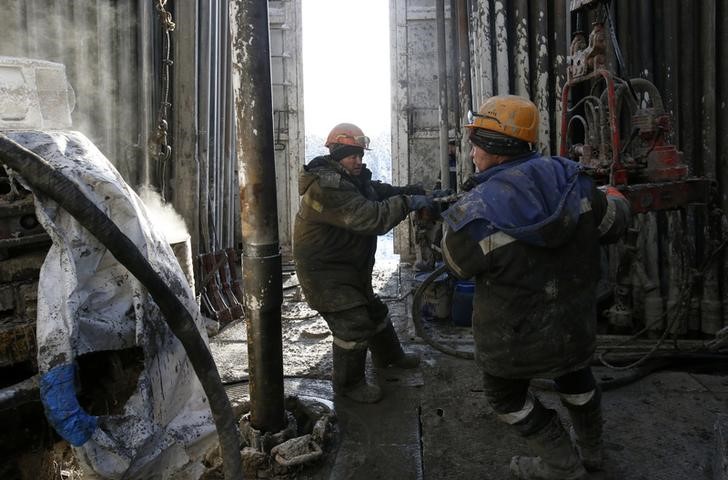Investing.com - Oil prices were trading near 2016 highs on Thursday after the International Energy Agency said it expects the oil market to rebalance from oversupply by next year, provided there is no major economic downturn.
Crude oil for June delivery on the New York Mercantile Exchange was up six cents or 0.11% at $44.24 a barrel at 1008 GMT, not far from overnight highs of $44.48, levels not seen since November.
Global benchmark Brent was at $45.75 on the ICE Futures Europe exchange, after hitting highs of $46.13 overnight.
Oil prices rose overnight after IEA chief Fatih Birol said 2016 would see the biggest decline in non-OPEC oil supply in the last 25 years, which will help the market to come back into balance from oversupply.
"At the turn of this year or latest 2017, we expect oil markets to rebalance and the prices to rebalance. When we look at all the fundamentals - demand, supply and stocks - I have all the reasons to believe that in the absence of a major economic downturn we are going to see balance in the markets latest by 2017."
Oil prices had already found support after data showing a smaller than expected build in U.S. crude stockpiles and a large drawdown in distillates last week.
The Energy Information Administration reported that U.S. crude inventories increased by 2.08 million barrels in the latest week, bringing total crude stocks to 538.6 million barrels.
Analysts had expected a storage build of 2.4 million barrels.
Total motor gasoline inventories decreased by 0.1 million barrels last week, the EIA said, while distillate fuel inventories decreased by 3.6 million barrels.
Crude production also continued to decline, falling to an average 8.95 million barrels per day from 8.98 million in the prior week. Production has now fallen in 11 out of the past 12 weeks as low prices continue to erode shale output.
But concerns over a global supply glut continued to cloud the outlook after weekend talks between major producers collapsed without a deal to freeze output levels.
Top non-OPEC producer Russia said on Wednesday that it is prepared to raise output levels to historic highs and Saudi Arabia has threatened to flood markets with more crude.
